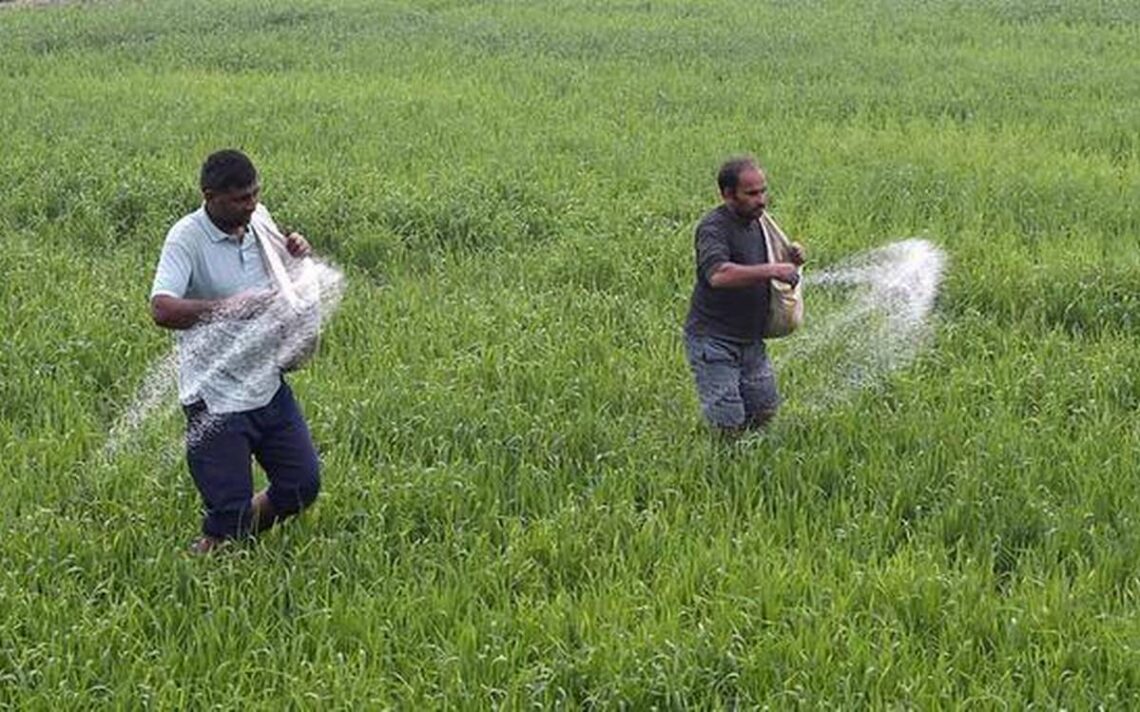With the Rabi season arriving, farmers face new problems. India’s second-most consumed fertiliser, Di-ammonium phosphate, known as its abbreviations DAP, is slowly disappearing from the market.
The fertiliser containing 46 per cent of phosphorus is vital for strengthening the roots of the crops aiding their growth. Farmers use this fertiliser before sowing.

How important is DAP?
Farmers require about 110 kg of urea, 50 kg of DAP and 20 kg of MOP (muriate of potash) for every acre of wheat. But the requirement is quite essential for potatoes. The sowing is already underway in Punjab and continues from mid-October to early November in Uttar Pradesh. Per acre, the fertiliser requirement for potatoes is around 110 kg urea, 90 kg DAP, and 80 kg MOP.
Why is it unavailable?
There is an increasing level of desperation among the farmers. The viral videos of lathi charges and even trucks being raided narrate the story. However, this is consistent with the stocks position of key nutrients, as per the government’s data. According to a report in the Indian Express, the opening stocks for this month were less than half of their year-ago levels in the case of DAP and MOP. The most used fertiliser, urea, is also out of stock in various mandis.
One of the main reasons for the precarious stocks ahead of rabi plantings is surging global prices.
The price of imported DAP in India is now $675-680 per tonne (cost plus freight), compared to $370 at this time last year. MOP was imported at $230 per tonne a year ago, whereas it is available for not less than $500 today.
Similarly prices have soared for urea (from $280-285 to $660-665) and also intermediates such as phosphoric acid (from $689 to $1,160), ammonia ($230 to $615-625), rock phosphate ($100 to $150) and sulphur ($80-85 to $250-260).
The political impact
The Narendra Modi government, on October 12, approved an increase in the subsidy on DAP from Rs 24,231 to Rs 33,000 per tonne, besides that on three NPKS complexes (from Rs 18,377 to Rs 20,377 for 12:32:16, Rs 16,293 to Rs 18,293 for 10:26:26 and Rs 13,131 to Rs 15,131 for 20:20:0:13, 0 refers to zero potassium, 13% Sulphur.). But this move has not done anything particular to increase its availability in the markets.
With Punjab, Uttarpradesh and Uttarakhand heading towards their assembly elections next year March- April. The unavailability and increased plight of the farmers with its ongoing protest against the three farm laws might impact the governing parties at present.
Uttarpradesh, one of the largest producers of potatoes, is already feeling a rise in unrest among farmers. The government’s subsidy, which has come late, is seen as an attempt to reduce the impact in the polls ahead.
However, the centre and the state governments need to constantly monitor the availability of fertiliser before it leads to a considerable loss and further increased debt for farmers.
Also Read: How has capitalism endorsed unrealistic standards of beauty?












